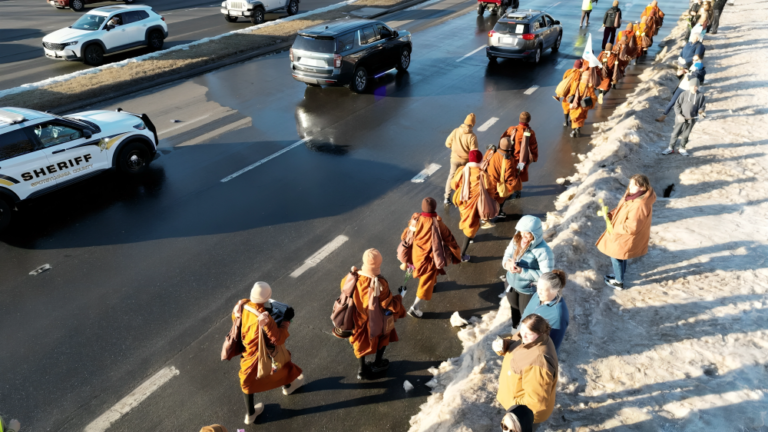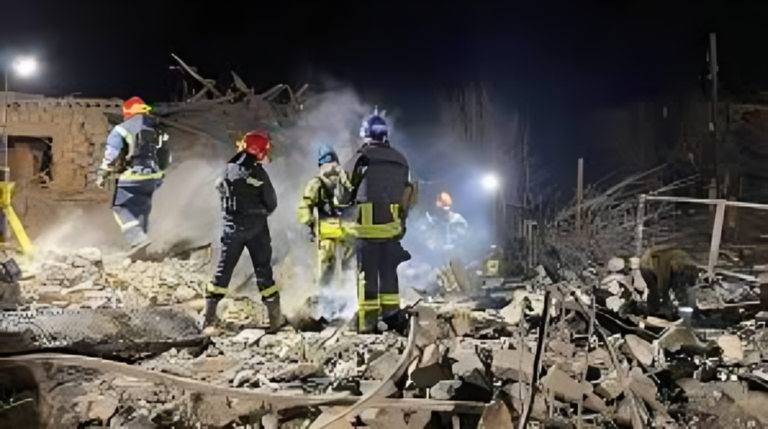The UN refugee agency has expressed grave concern that at least 427 Rohingya refugees fleeing Myanmar and seeking safety in Bangladesh may have died at sea this month. UNHCR reports that it has collected accounts from family members and witnesses of two separate boat tragedies off the coast of Myanmar in May. While details remain unclear, enough verified information has been gathered to bring these incidents into the public eye.
Currently, approximately one million Rohingya, mostly Muslim, reside in refugee camps in Bangladesh after fleeing violence in Myanmar. The majority around 740,000 escaped a brutal “clearance operation” in 2017 that security forces in Myanmar carried out, which has been widely condemned for mass rapes, killings, and other atrocities.
The first boat, originating from a refugee camp in Cox’s Bazar, Bangladesh, and heading towards Rakhine State in Myanmar to pick up more passengers, sank on May 9. Only 66 survivors were rescued from a total of 267 onboard. The following day, reports indicated a second boat carrying 247 people capsized, with only 21 survivors.
UNHCR spokesperson Babar Baloch stated, “Reports have been coming in, and it has been very difficult to confirm exactly what happened. However, the fear is that this number of people may have lost their lives at sea in the region.”
He added, “Before these two tragedies, around 30 Rohingya were reported to have died or gone missing in boat journeys in 2025. If these new reports are confirmed, that would represent a significant increase.”
Every year, thousands of Rohingya attempt perilous crossings across the Bay of Bengal and the Andaman Sea, with many going missing at sea. Even when authorities are aware of boat locations, rescue efforts are often ignored or delayed, UNHCR has highlighted.
In total, last year saw over 150 boat journeys involving fleeing Rohingya, with more than 657 people reported dead or missing in regional waters, underscoring the ongoing deadly risks faced by those seeking refuge.











+ There are no comments
Add yours